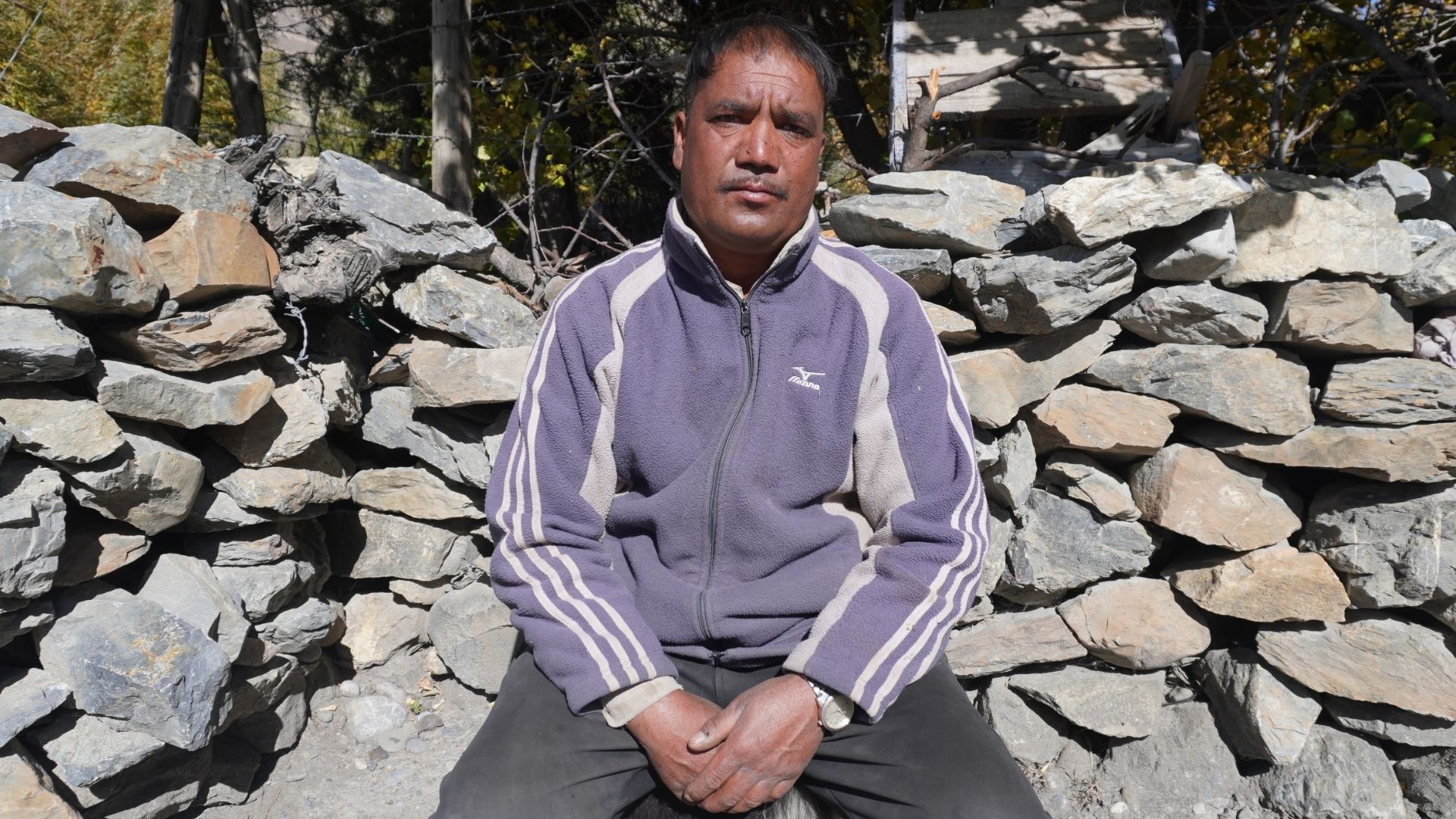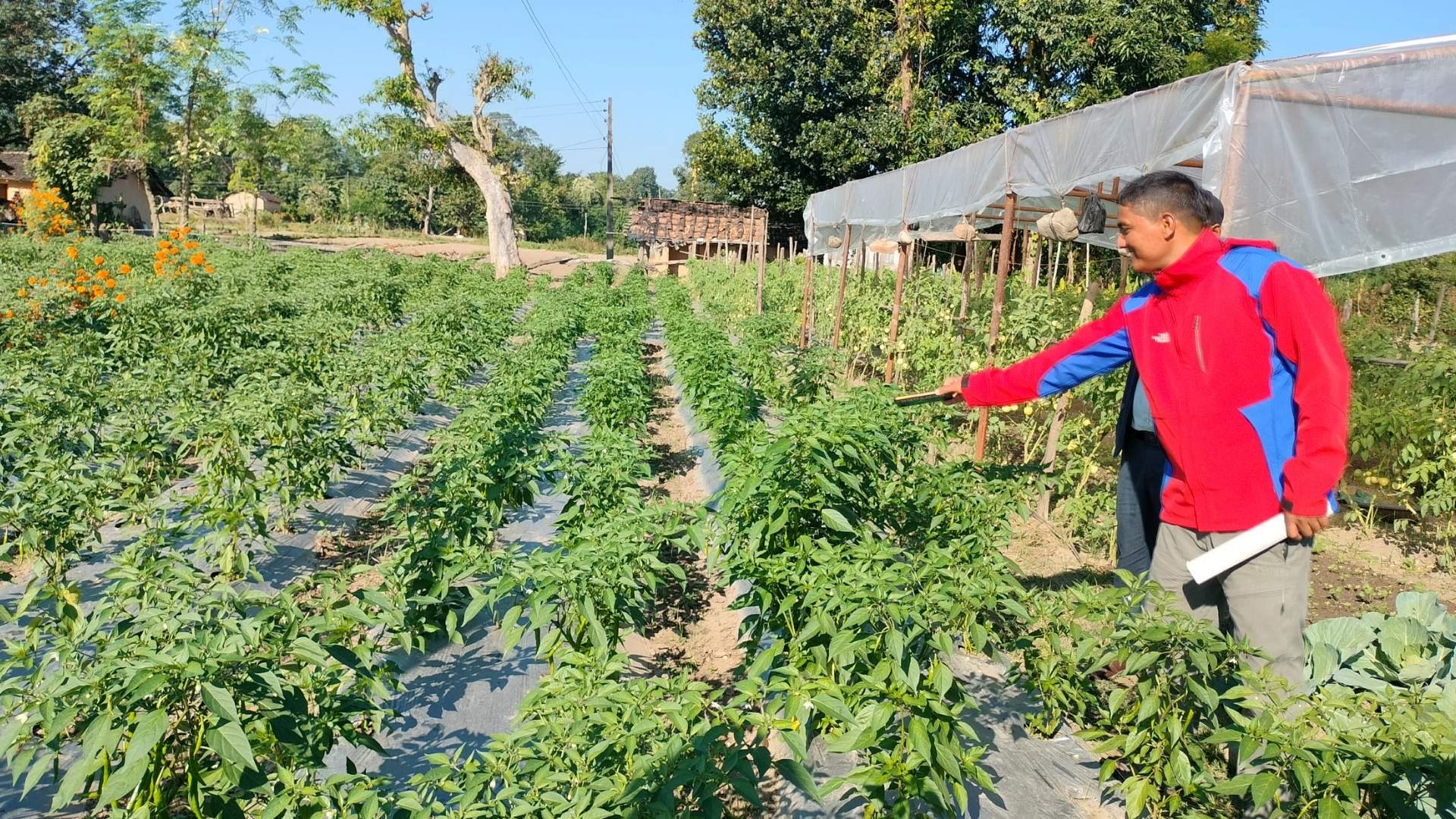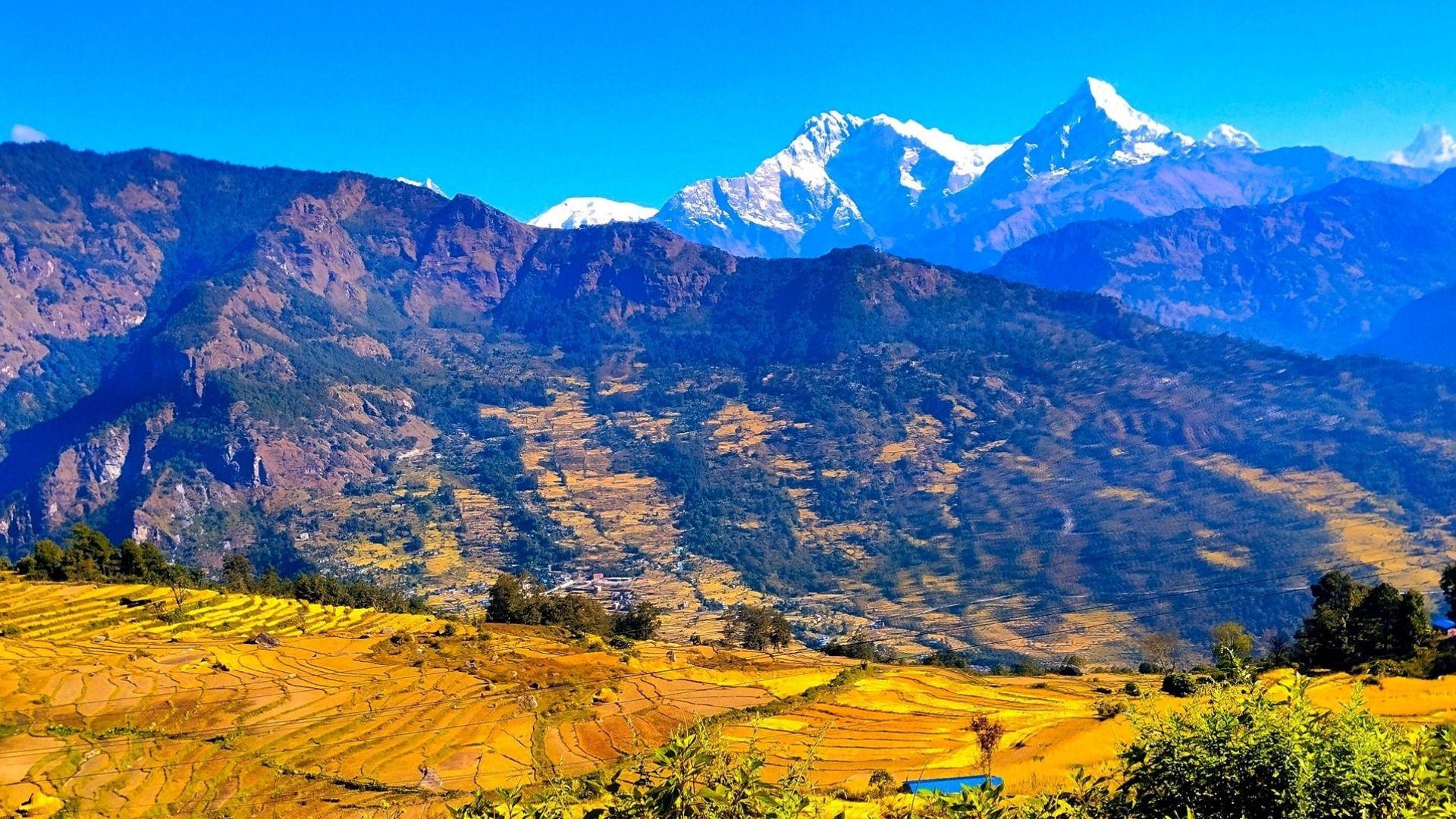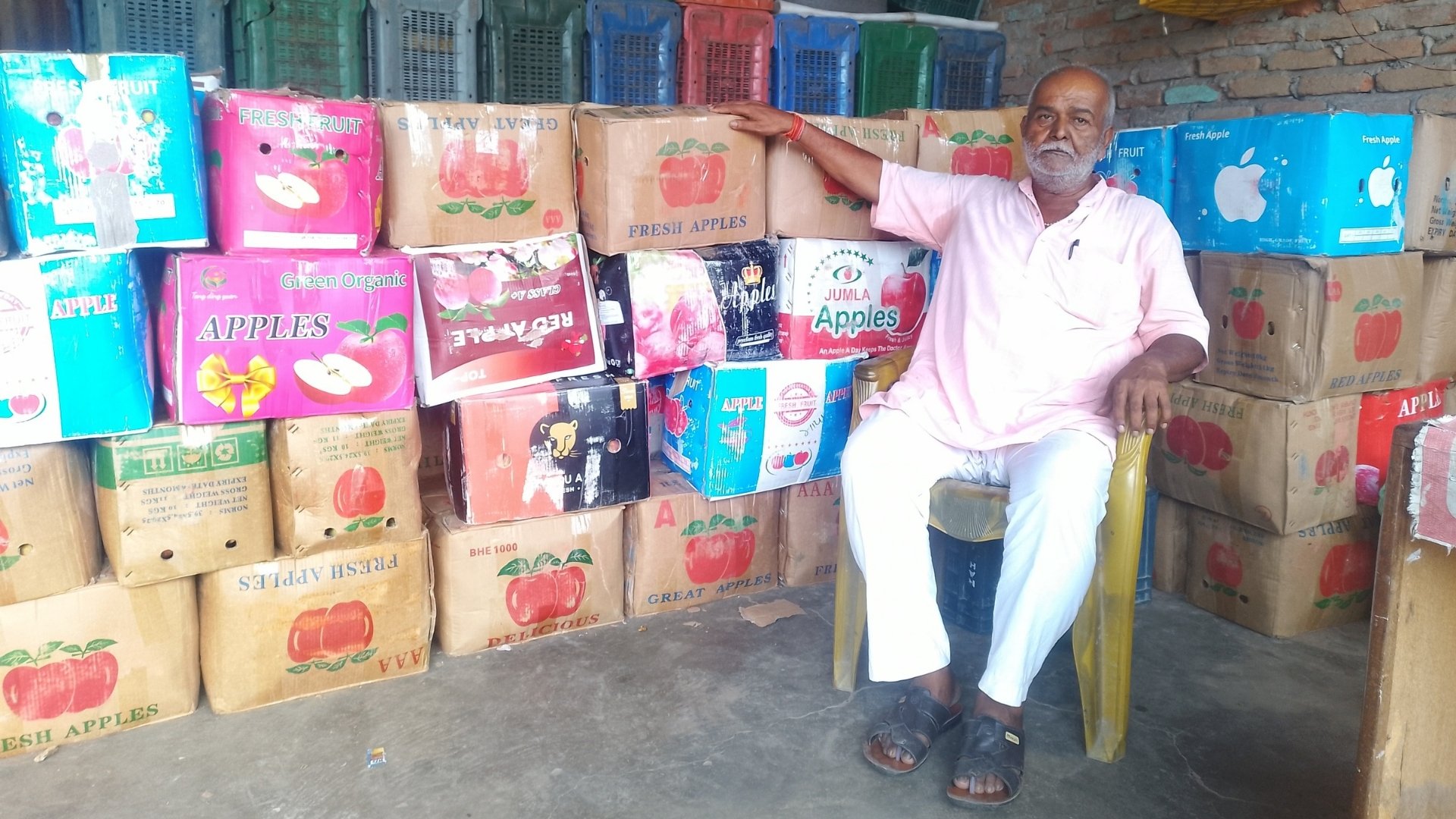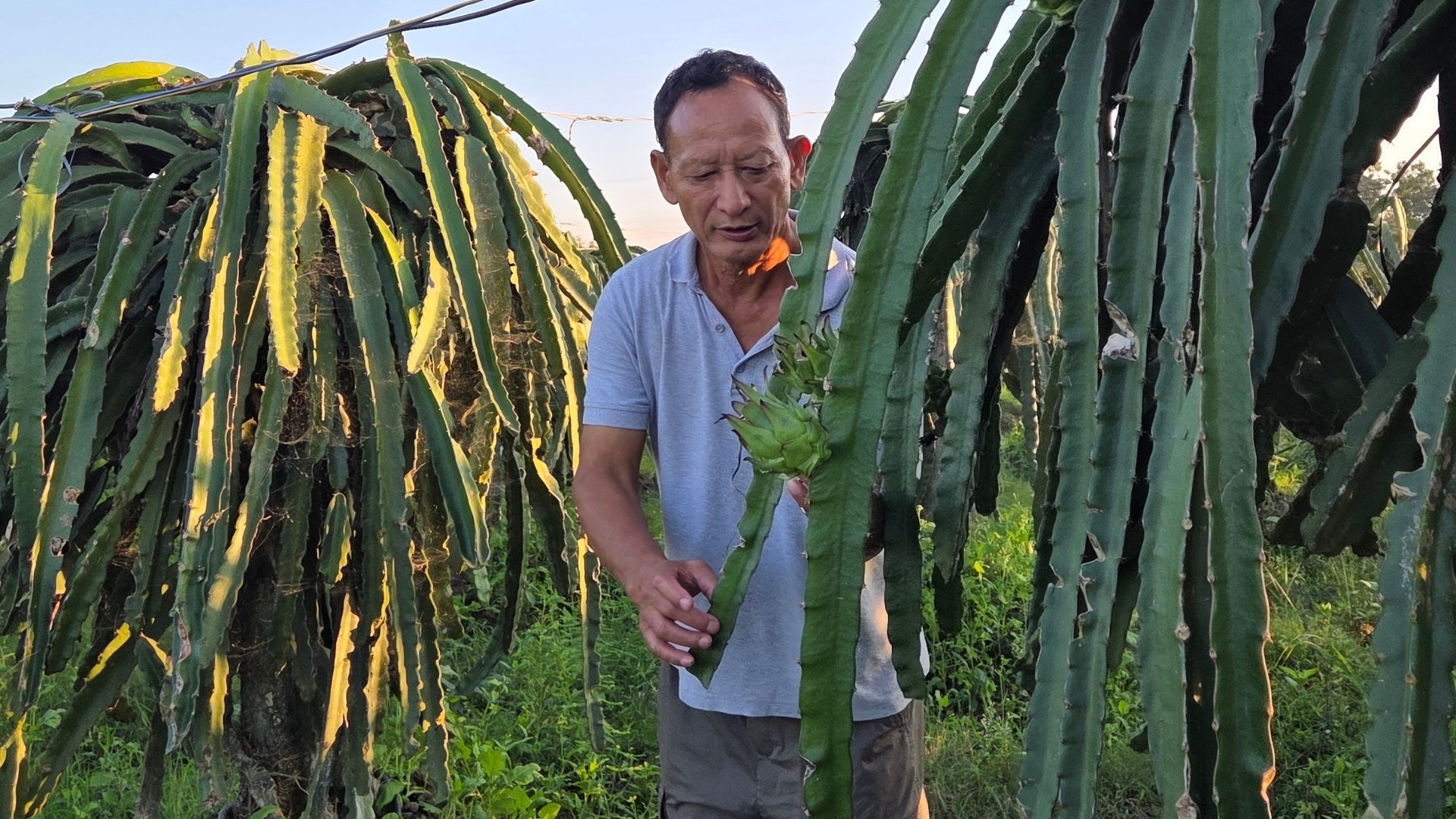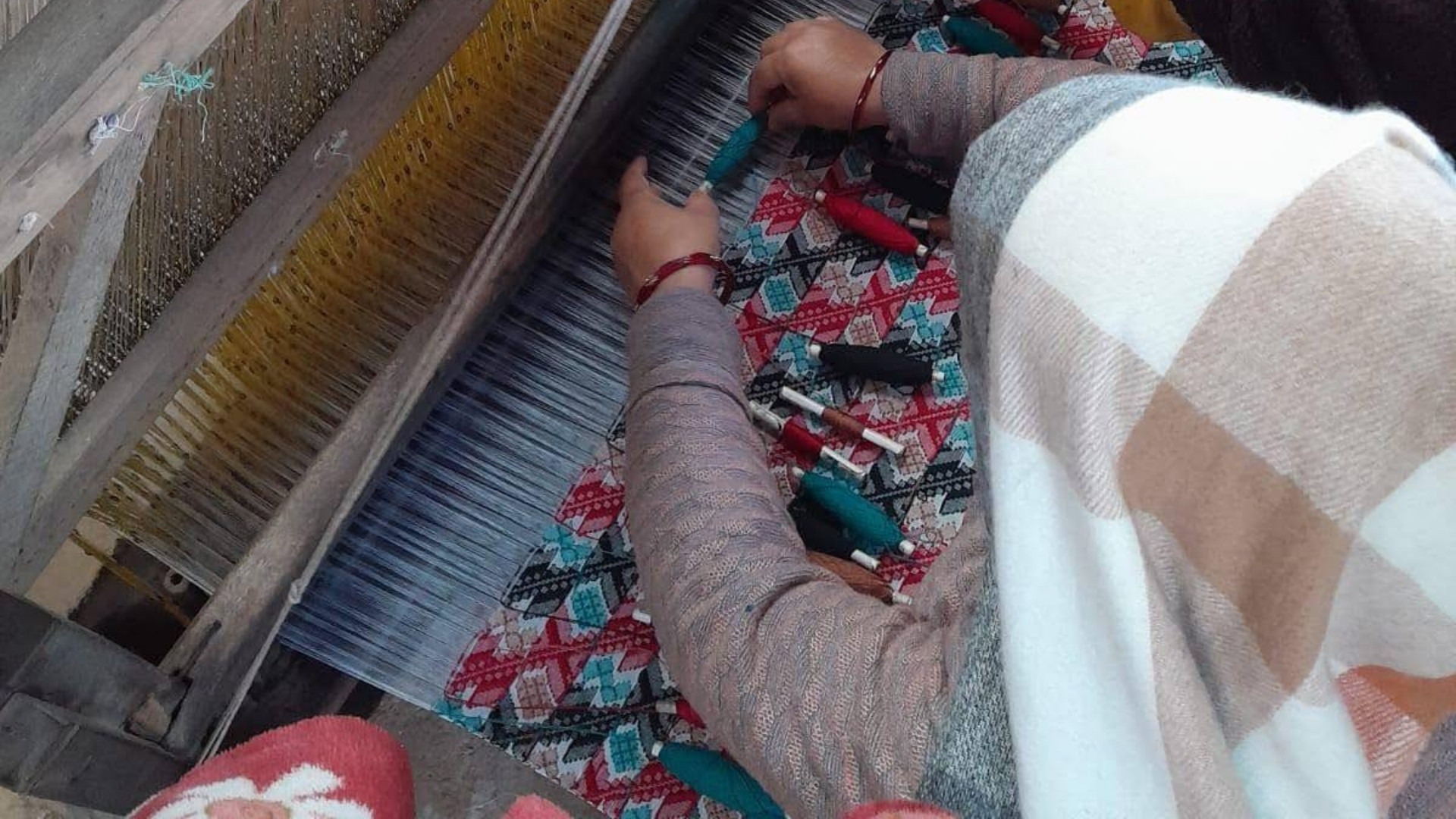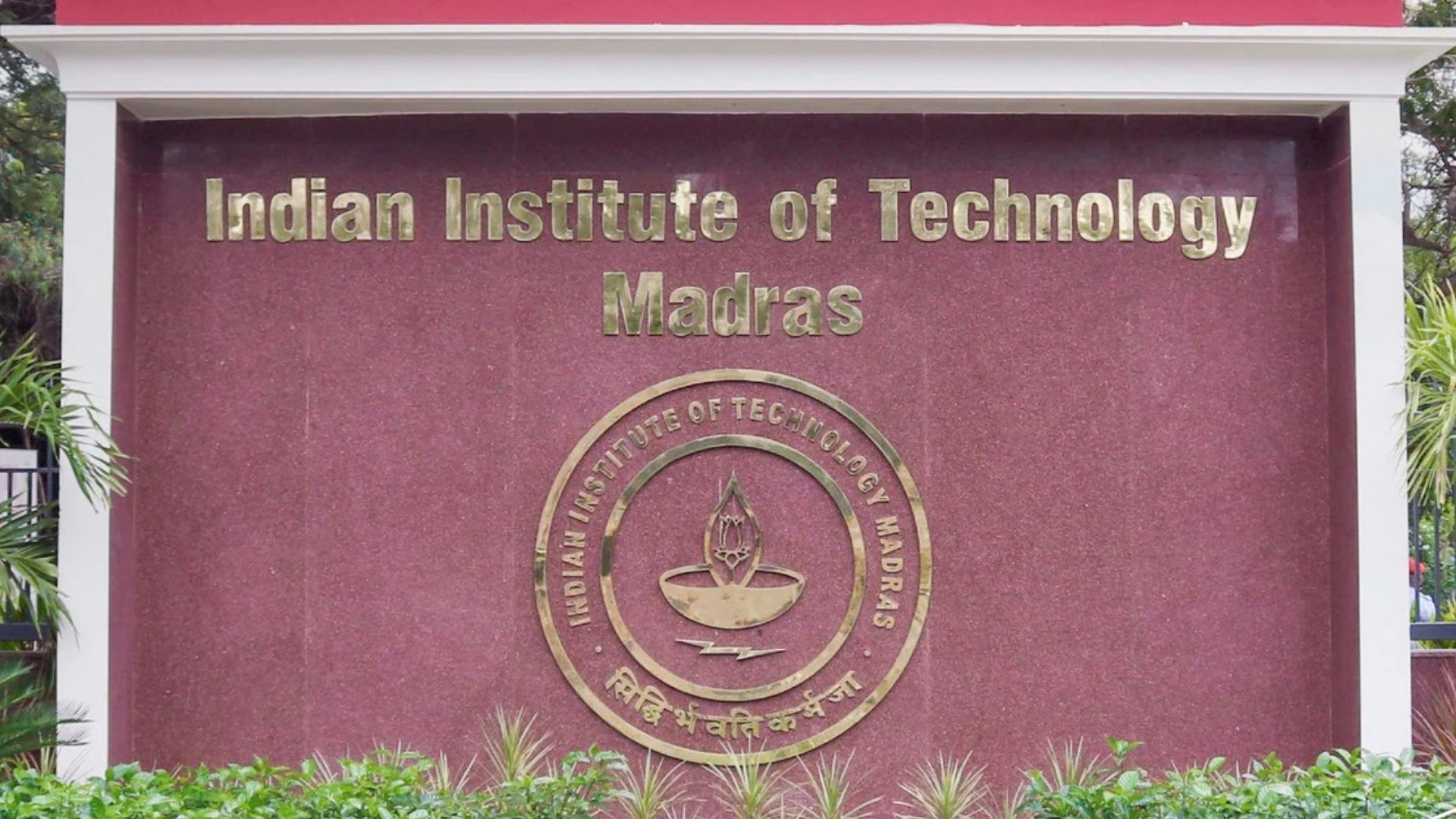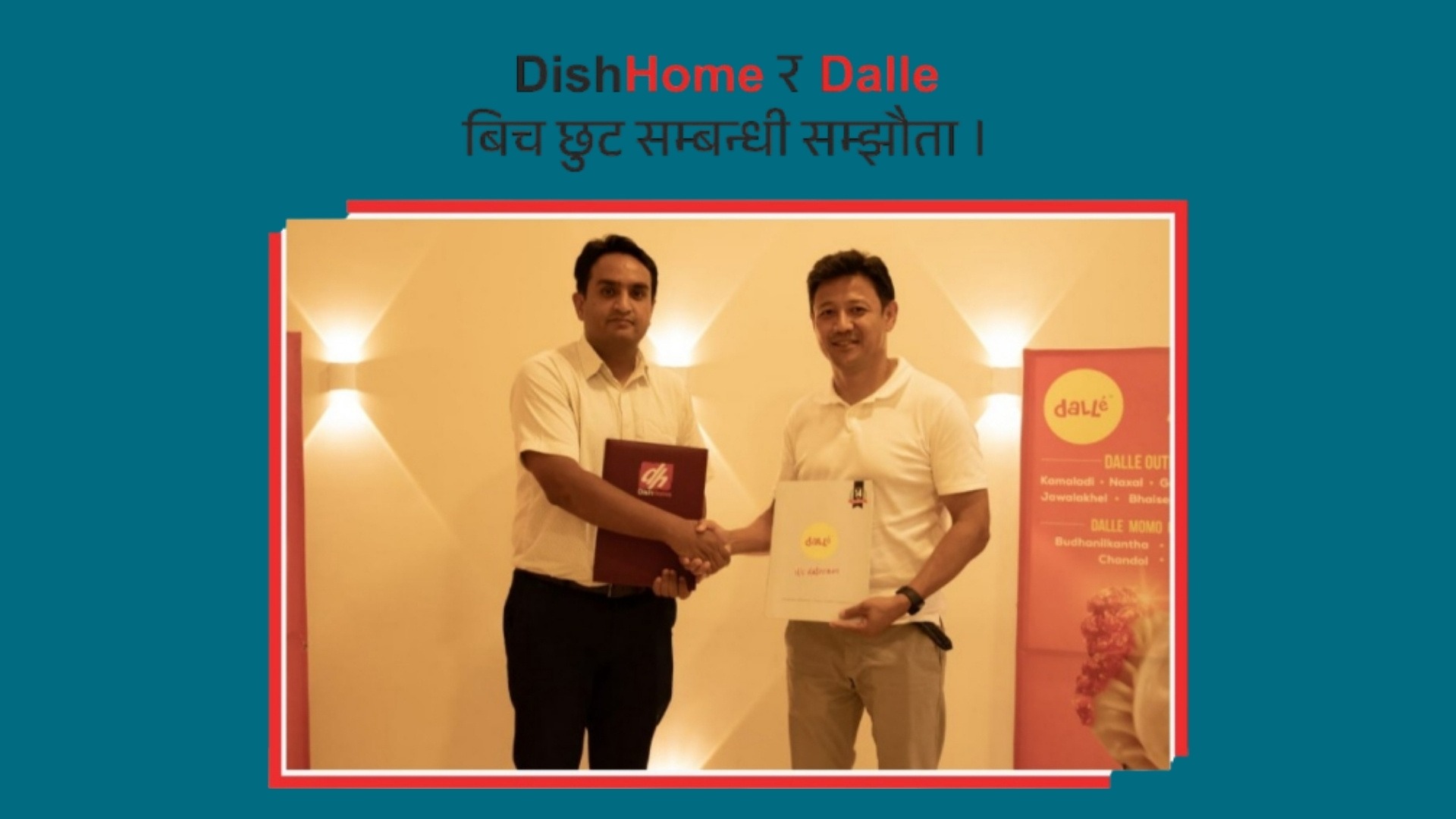These days, the price of Chyangra meat in local butcher shops has reached NRs 1,300 per kilogram. Hearing this, many might wonder — is it really possible to start Chyangra farming with just an investment of NRs 1,000? But Purna Bahadur Nepali, a resident of Gharpajhong Rural Municipality–4, Jomsom, proved it was possible. He began his Chyangra farming venture five years ago with an initial investment of only NRs 1,000.
After the Himalayan Subsidiary Project started providing grants and incentives for those interested in entrepreneurship, several individuals from the Dalit community, including Nepali, decided to get involved. Around 30 Dalit households from Gharpajhong–4, Jomsom, jointly proposed to start collective Chyangra farming. The project approved their proposal and ensured financial support.
Each of the 30 Dalit households, including Purna Bahadur’s, received three female Chyangras (breeding goats) as a grant. Beneficiaries were required to contribute NRs 1,000 each while the remaining cost was covered by the project. Initially, all 30 households managed the Chyangras collectively. However, collective farming soon became challenging — some goats started disappearing, and others died. Within a year, the number of goats bought through the grant had significantly declined, prompting the group to divide the remaining goats and rear them individually.
When the goats were divided, Purna Bahadur received two in his share. He later added 10 more goats, bringing his total to 12 — marking the true beginning of his Chyangra farming journey. Today, his farm has grown impressively, housing over 130 Chyangras.
Just this year alone, Purna Bahadur sold more than 20 goats at around NRs 40,000 each. “I could raise even more,” he says, “but it’s difficult to protect them from snow leopards and other wild animals.”
To help manage his growing herd, Purna Bahadur now employs a herder. Out of the original 30 households who started the venture together, only seven continue Chyangra farming today. The main purposes of the farm are to produce manure and breed more goats. Each year, Purna Bahadur sells about 200 sacks of manure, earning over NRs 200,000. “The money I get from selling manure covers the cost of feed and the herder’s wages,” he explains. “Everything else is profit.”
On average, his annual income from Chyangra farming exceeds NRs 500,000. Despite challenges brought by climate change and the threat of wild animals — which have discouraged many from continuing this business — Purna Bahadur remains committed to integrating animal husbandry with agriculture and keeping the tradition alive.


